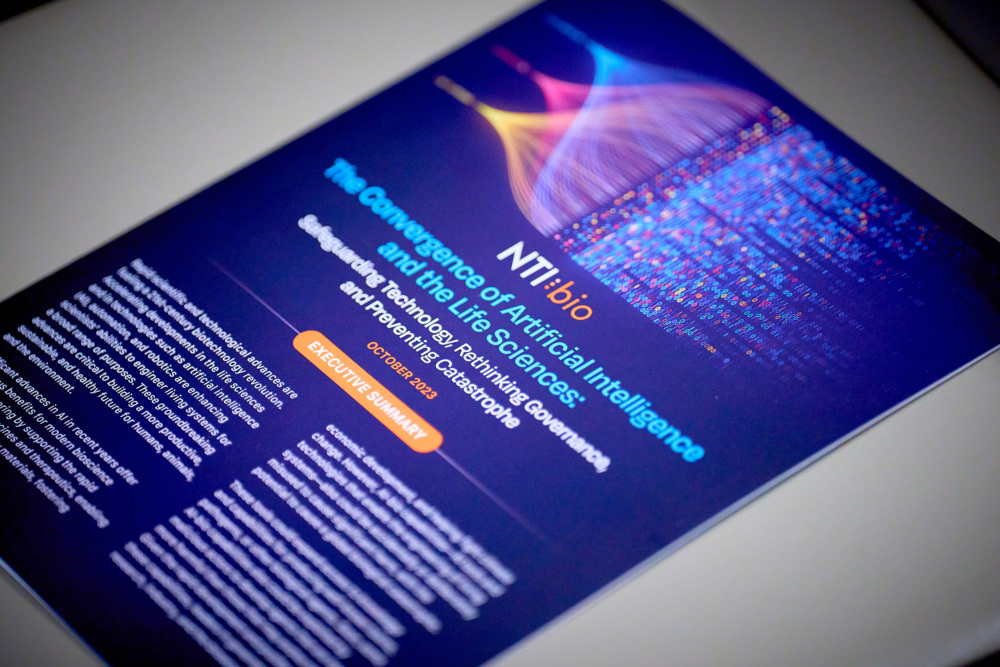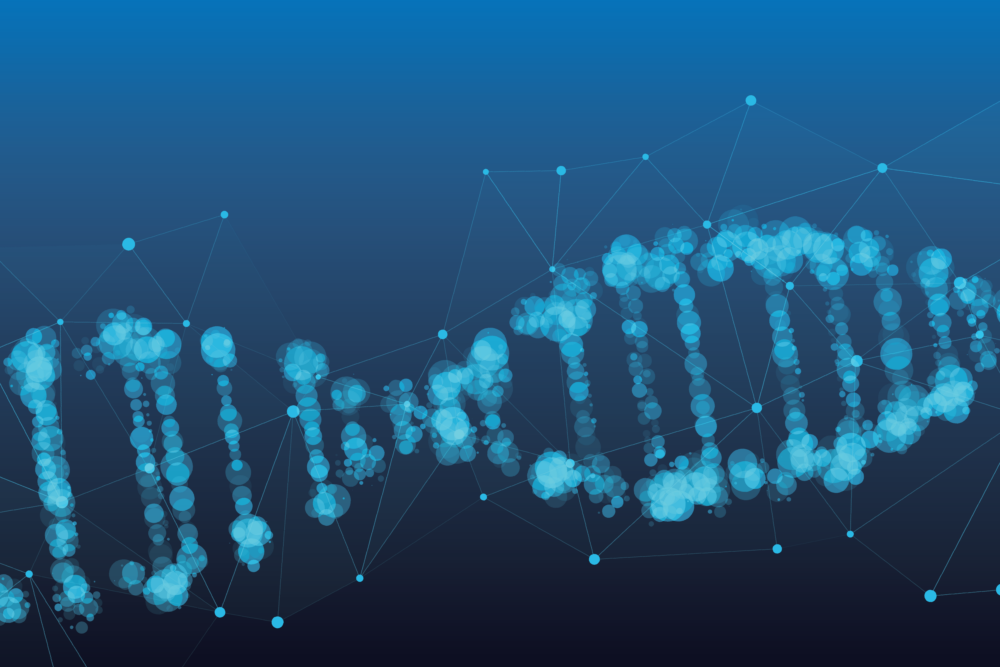In 2019, NTI and its Biosecurity Innovation and Risk Reduction Initiative partners will launch five working groups to engage new stakeholders, identify urgent actions, and catalyze the adoption of new approaches to reduce biological risks associated with advances in technology. This page describes the working group on Establishing a Seal of Approval to Incentivize the Adoption of Biosecurity Norms, informed by a paper commissioned by NTI ahead of the October 2018 Initiative launch. For more information about the other working groups, visit the Biosecurity Innovation and Risk Reduction Initiative project page.
Challenge: Although some countries have adopted oversight rules for dual-use research, there is a lack of international institutional incentives for researchers to assess, mitigate, and even eschew excessive experimental risks.
While researchers are encouraged to publish through academic incentives and prestige, there are few incentives for refraining from publishing results that may make dangerous information public. For private research laboratories, companies that synthesize and sequence DNA-based products, and commercial research and development enterprises, the key priorities are maintaining profitability, protecting intellectual property, and driving innovation. Like academia, these organizations have few structural incentives to build biosecurity best practices into their operations—with the possible exception of avoiding reputational risk and protecting intellectual property.
Proposed Solution: Research institutions in different regions of the world should develop and pilot one or more peer-based incentives to reduce biological risk, such as a biosecurity seal of approval, award, and/or pledge. Gatekeeper organizations, such as DNA synthesis providers, organizations that share genetics parts or pathogens samples, journals that publish scientific research, or research funders, could provide a seal of approval for researchers who abide by a set of agreed upon best practices or norms, and that seal could be required for gaining access to materials or services from the organizations in question. This seal of approval concept could be explored through an initial pilot project with one to two organizations to demonstrate a proof of principle structured around the following key ideas: (1) careful risk assessment before conducting potentially dangerous dual-use research; (2) careful consideration of information hazard risks before publishing sensitive scientific research; and (3) careful risk assessment when providing potentially dual-use goods and services to a public customer base. Piloting institutional and peer-based incentives for mitigating biological risks should be undertaken first within the fields of synthetic biology and virology. Both fields are vital for scientific innovation and human health but lend themselves to acute dual use risks through the development of new tools for editing genetic material and research with pathogens of pandemic potential.
Next Steps: NTI will partner with academic and industrial institutions in various regions around the world to identify core elements of a proposed seal of approval and catalyze a pilot project to incentivize their adoption. The working group will begin by assessing existing examples of successful peer-based incentives for positive academic behavior and will examine global examples of dual use risk reduction frameworks that could be more widely applied.


